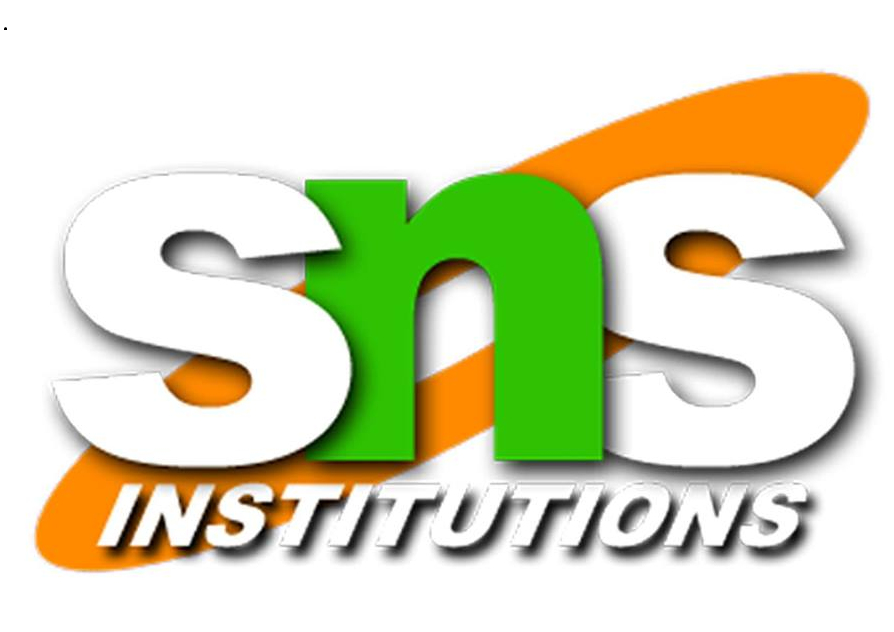
Overview of the cardiovascular system Functions of the cardiovascular system Circulation of blood Central control of the cardiovascular system Coronary circulation Cerebral circulation Pulmonary circulation Cutaneous circulation
Mechanical events Arterial cycle and central venous pressure cycle Clinical aspects of human cardiac cycle Assessment of cardiac output- Ficks principle Thermodilution and indicator dilution methods Pulse Doppler methods,Miscellaneous methods Relationship between pressure, flow and resistance Frank-Starling law Preload, afterload and contractility Control of stroke volume and cardiac output.
Cardiac excitation and contraction Mechanism of contraction Sino atrial node function The cardiac conduction system Atrioventricular node function Autonomic regulation of the heart rate Local control mechanisms Nervous control,Hormonal control
Solute transport between blood and tissues Circulation of fluid between plasma, interstitium lymph Vascular smooth muscle,Mechanism of contraction Pharmacomechanical coupling, automaticity cardiovascular receptors, reflexes and central control cardiovascular responses Posture,Valsalva maneuver,Exercise During reflex
Cardiovascular responses in pathological situations Shock and Hemorrhage Syncope Essential hypertension Chronic cardiac failure Respiratory physiology Mechanics of respiration Principles of gas exchange regulation of respire Hematology and coagulation physiology blood components Blood groups and blood transfusion Hemostasis
Reference Book:
Anderson rH, Webb S, Brown NA, et al. Development of the heart: (3) formation of the ventricular outflow tracts, arterial valves, and intrapericardial arterial trunks. Heart 2003; 89: 1110–18.
Text Book:
Essesntials of Medical physiology , K.Sembulingam PhD and Hema Sembulingam PhD
